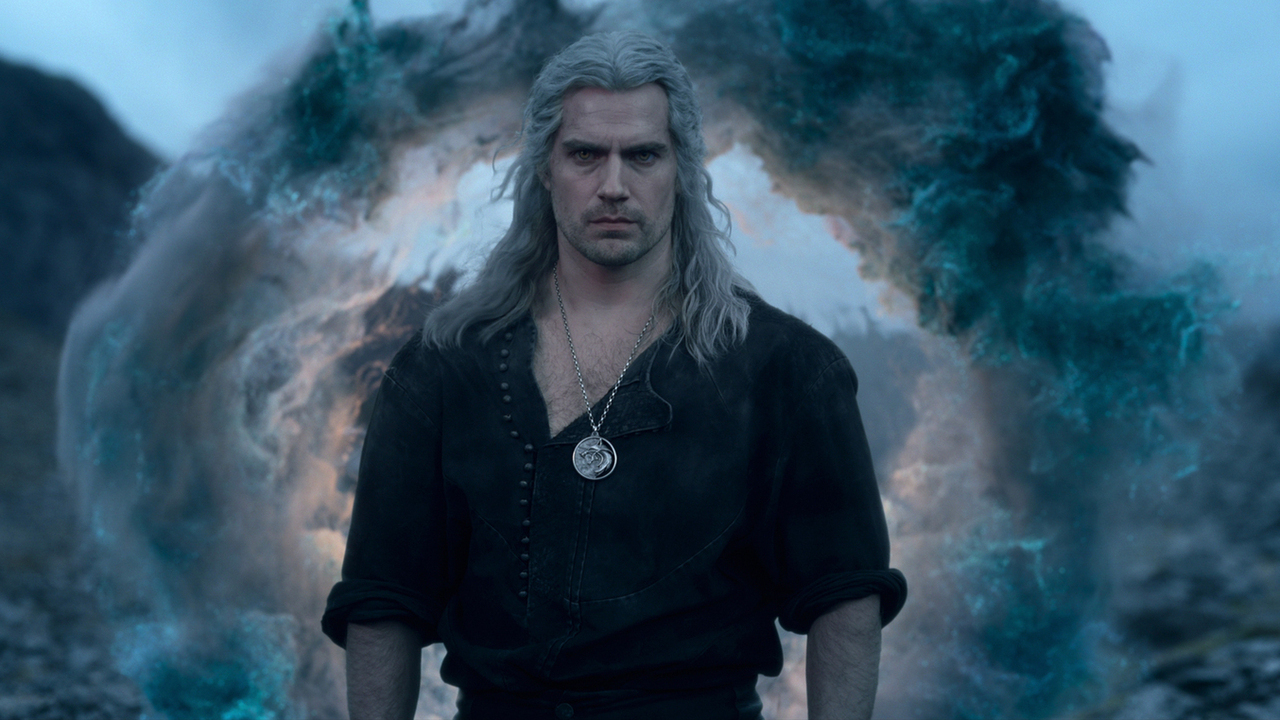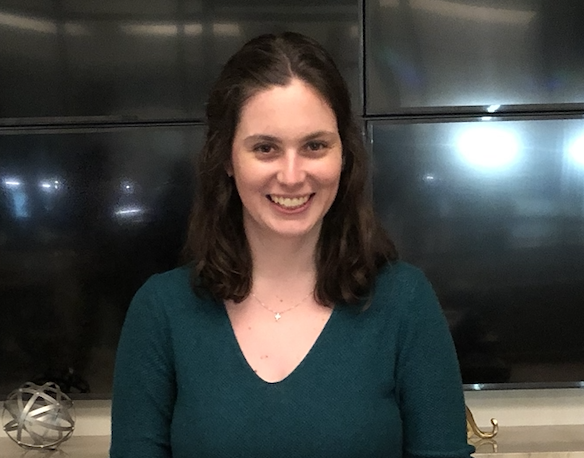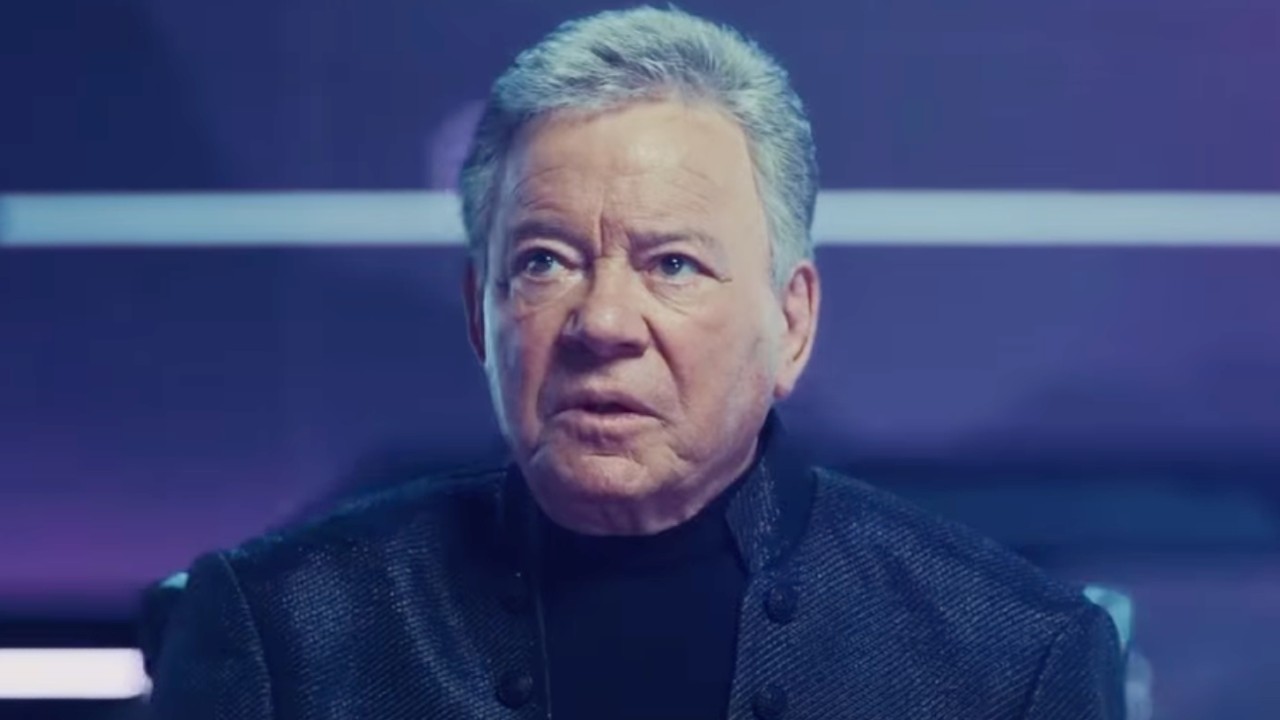The Witcher Producer's Excuse For Netflix's Straying From The Books And Games May Not Please Fans Already Upset About Henry Cavill
Talk about a hot take!

Both halves of The Witcher's third season have officially released in the 2023 TV schedule, with the Season 3 finale also serving as the series finale for Henry Cavill as Geralt. The star is handing the lead role over to Liam Hemsworth for Season 4 and beyond, and that development didn't go over well with fans as soon as it was announced back in 2022. Now, some comments from executive producer Tomek Baginski about the Netflix show may just add fuel to the fire of those already frustrated about Cavill's departure.
For some background – if fans still feel the way they did last year with a petition about Henry Cavill leaving, then many blame Netflix and the writing for the upcoming actor change for Geralt rather than Cavill himself. As a vocal fan of both The Witcher video games and the novel saga by Andrzej Sapkowski, viewers have theorized that the star decided to leave due to all the changes made by the show, which allegedly made him consider an exit after Season 2 instead of after Season 3.
The gist is that fans of the source material do have some pretty valid reasons to be upset about the show's adaptation, and new comments from executive producer Tomek Baginski to Polish website Wyborcza (via CinemaBlend's sister site PC Gamer) could just make the discontent (which may have led to lower viewership for Season 3) worse. Baginski claimed that a "perceptual block" with American audiences meant that The Witcher had to tell simplified stories, and cited his experience when he tried to promote a film retelling of the Warsaw Uprising in Europe. He said:
[A] higher level of nuance and complexity will have a smaller range... For Americans, it was completely incomprehensible, too complicated, because they grew up in a different historical context, where everything was arranged: America is always good, the rest are the bad guys. And there are no complications.
Given that the audience for The Witcher is presumably made up largely of Americans, it's easy to understand why those comments might not go over well with a lot of fans! Anybody who has read Andrzej Sapkowski's books can vouch for the fact that the Polish author certainly didn't tell simple stories, and a common complaint among readers is that the show has taken great liberties with the source material. The author himself hasn't had a lot to say about the show, but EP Tomek Baginski still had more thoughts regarding American audiences:
When a series is made for a huge mass of viewers, with different experiences, from different parts of the world, and a large part of them are Americans, these simplifications not only make sense, they are necessary. It’s painful for us, and for me too, but the higher level of nuance and complexity will have a smaller range, it won’t reach people. Sometimes it may go too far, but we have to make these decisions and accept them.
The executive producer also named another demographic as an explanation for simplified storytelling compared to the books and the games. Speaking with Imponderabilia, Baginski said that "the younger the public is the logic of the plot is less significant," and added that "Those people grow up on TikTok, YouTube, they jump from video to video."
All in all, these interviews were far from complimentary toward Americans and young people, which may be the last thing that these demographics need to feel friendlier to the fantasy show. It remains to be seen if the show is going to start veering more towards how the books and even games tell Geralt, Yennefer, and Ciri's stories, although it's worth noting that Baginski previously teased that the switch over to Liam Hemsworth will be "very lore accurate."
For now, you can always revisit the first three seasons of The Witcher with Henry Cavill as Geralt with a Netflix subscription.
Your Daily Blend of Entertainment News

Laura turned a lifelong love of television into a valid reason to write and think about TV on a daily basis. She's not a doctor, lawyer, or detective, but watches a lot of them in primetime. CinemaBlend's resident expert and interviewer for One Chicago, the galaxy far, far away, and a variety of other primetime television. Will not time travel and can cite multiple TV shows to explain why. She does, however, want to believe that she can sneak references to The X-Files into daily conversation (and author bios).
